US congressman blurts out reason behind Washington's obsession with Taiwan
A senior US legislator has accidentally admitted that "controlling the manufacturing of microchips" is the reason behind Washington's obsession with Taiwan.
Republican Congressman Michael McCaul made the admission in a televised interview on Sunday, after Chuck Todd from American news-based channel MSNBC asked him to "make the basic case" for why the US should be willing to go to war over Taiwan.
"I think more important is that TSMC [Taiwan Semiconductor Manufacturing Company] manufactures 90 percent of the global supply of advanced semiconductor chips," McCaul said.
A semiconductor is the most essential technological component in developing hi-tech military equipment and computing that has assumed great significance in recent years amid rapid advancements in the tech sphere.
The rare earth magnets, developed in the 1970s and 1980s, are strong permanent magnets made from alloys of rare earth elements, producing significantly stronger magnetic fields than other types such as ferrite or alnico magnets.
As per data, China controls about 90 percent of the market for samarium cobalt magnets and roughly 84 percent of the market for neodymium magnets worldwide.
"If China invades and either owns or breaks up, we're in a world of hurt globally," said McCaul.
McCaul hastily corrected himself, saying protecting Taiwan is actually about "democracy and freedom."
"You know, I personally think it is about democracy and freedom. And we need to stand up for that, like we're doing in Ukraine," he said.
The Hawkish legislator, however, only corrected himself after Todd pointed out that this sounded a lot like justifications that have been made for US wars and militarism to control global oil supplies that were limited to "the sixties, seventies and eighties."
The latest development comes two days after McCaul said the US Congress would discuss authorizing a direct military confrontation with China if Beijing launched an attack on the self-ruled island.
"If communist China invaded Taiwan, it would certainly be on the table and something that would be discussed by Congress and with the American people," he said, while speaking to right-wing Fox News from Taipei -- where he was leading a bipartisan delegation to the territory claimed by China.
McCaul said a "conflict is always a last resort," describing the US delegation's visit to Taipei as a means to "provide deterrence to China."
Beijing regards the persisting political visits by US officials to Taiwan as highly provocative and the key contributor to deteriorating tensions with Washington.
China has sovereignty over Chinese Taipei, and under the ‘One China’ policy, almost all world countries recognize that sovereignty, meaning that they would not establish diplomatic contact with the island's secessionist government.
The US, too, claims commitment to that principle, but in violation of its own stated policy and in an attempt to antagonize Beijing, Washington has courted the secessionist government in Taipei, supporting its anti-China stance, and supplying it with a large cache of weaponry.
Beijing has often emphasized that the issue of Chinese Taipei is a red line that must not be crossed.
China describes Taiwan as the most sensitive and important issue in its relations with the US, and the topic remains a constant source of friction between Beijing and Washington.
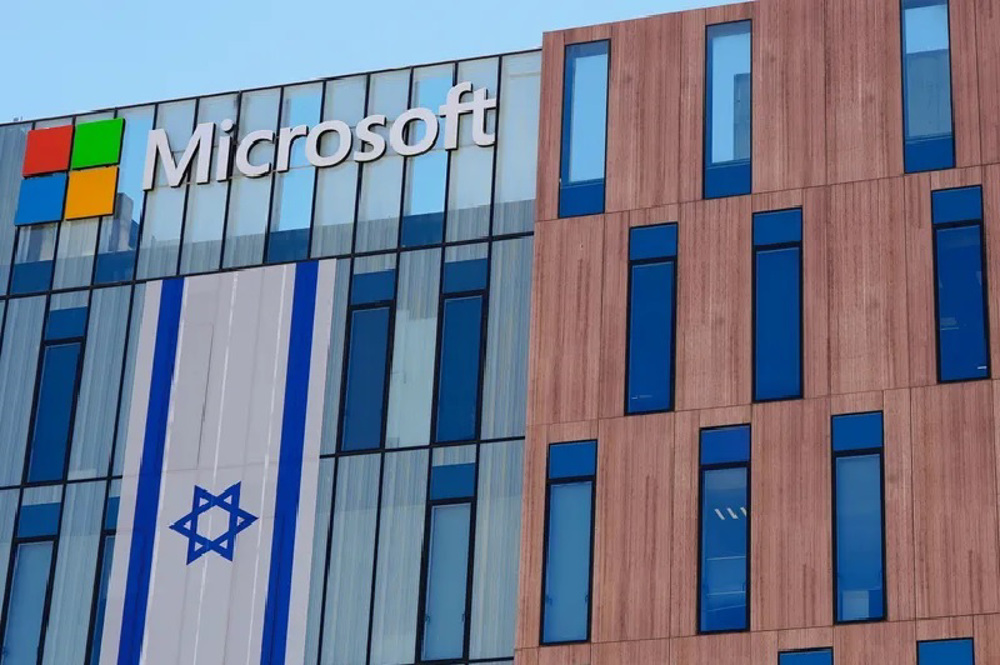
Microsoft collaboration in Gaza genocide

Moroccan port workers protest Maersk ship carrying F-35 parts to Israel
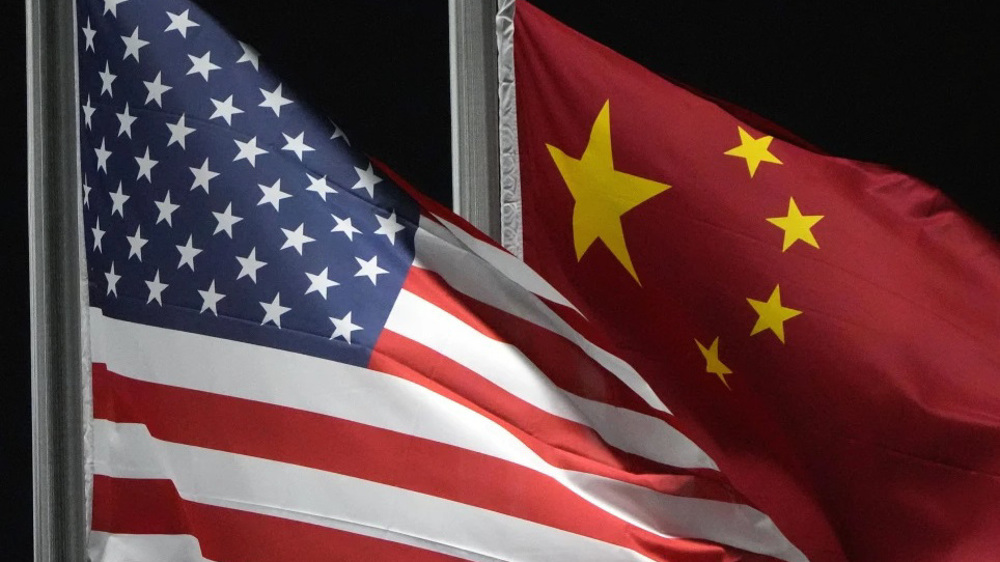
China sanctions US figures over ‘gross interference’ in Beijing’s affairs
VIDEO | Exclusive: Yemeni eyewitnesses say US warplanes targeted civilians in their homes
VIDEO | Press TV's news headlines
‘Guardians of Revolution’: IRGC warns enemies it is at ‘peak of all-out readiness’
Microsoft collaboration in Gaza genocide
VIDEO | Senior Hamas-allied leader killed in Israeli drone strike south of Beirut
Syria arrests Islamic Jihad officials after US ties sanctions relief to ban on Palestinian groups
Gaza children dying not only from bombs, but hunger: Health Ministry
Israeli strikes kill nearly 10 Gazans, including two children, in new aggression


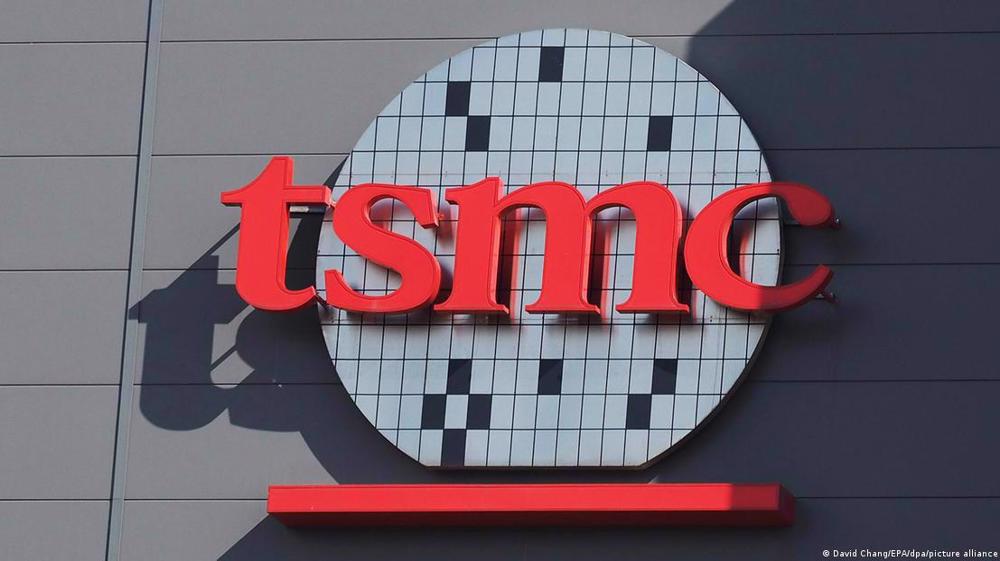



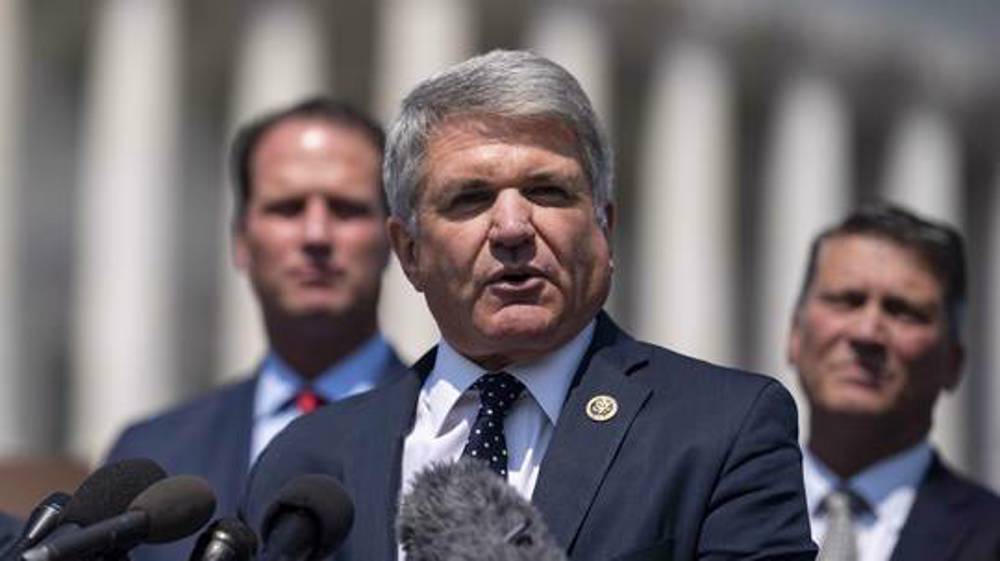

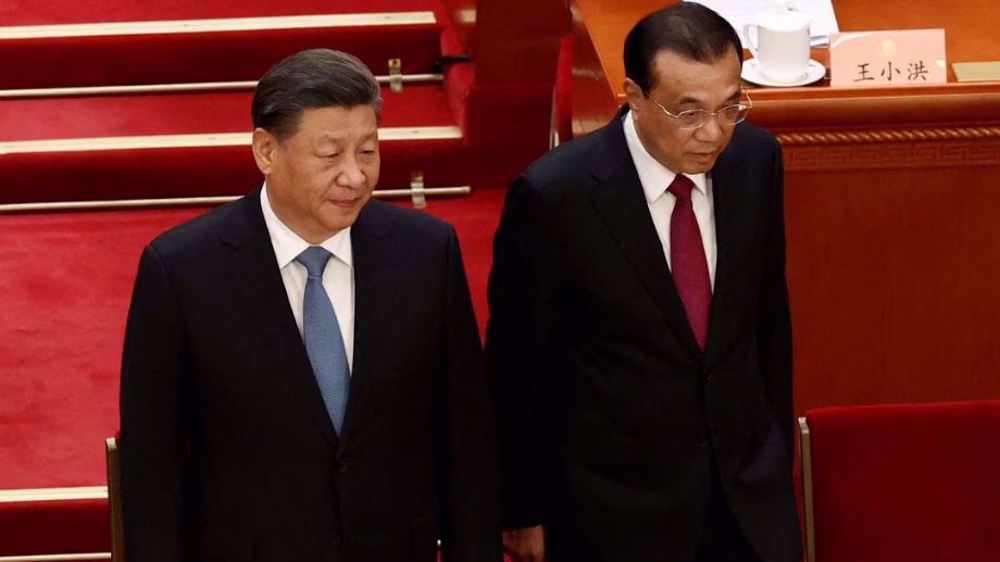
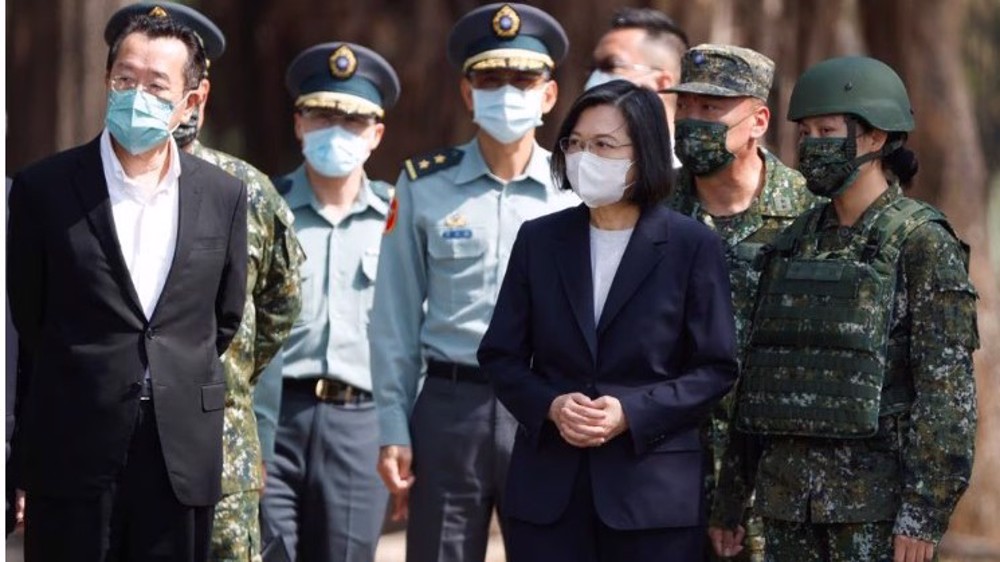

 This makes it easy to access the Press TV website
This makes it easy to access the Press TV website